In recent times I have been thinking about how much the values of my youth and upbringing are different from that of what you see in the public internet square, the major cities, and the general demeanor of the young today.
Naming it “Western European” is sensible for it was a pattern of building different from the masses of interstates, strip malls, and noise pollution present in large areas of the United States today. I remember walking to school and going around the city as if I was a person, not some car in a superstructure. This will always be normal to me. It was in Germany and Cologne more specifically that I found the parks, nature, calisthenics, and subways that most felt like my youth.
Where this culture was once the majority: it was what had built up the post WW2 order and I had grown up in the trailing vestiges of it, I no longer see it in my daily life in the United States. Everywhere else seems but highways, the automobile, chain shops, and either human unawareness or human suffering.
You feel a little bit of it on some university campuses preserved in the architecture and the quiet bubble of life and community that still exists in the country. Walking the wide tree-lined boulevards with pillars of neoclassical architecture to the right, I ask myself if anyone is still moved by what once was.
I realize, now, that these halcyon days were not from the late 90s or even 80s. This was a pattern of life prior to the 1940s. Angell Hall, the Great Dome, the New York City Subway, the Federal Reserve—all built in 1924, 1926, 1904, and 1913 respectively. It is their world that we lived in and were animated by; it is to this world that in some way I owe my loyalties to.
Sesame Street came out in 1969, so it is a reasonable assumption those in the 60s and 70s were able to build upon that previous edifice. But the world of today meets the near yet distant past of one century ago like man facing tiger in front of a forest brook. Once many generations ago they may have been conjoined and one species, yet today all traces of connection are lost as they stare at each other downriver calculating and predicting the other’s next move.
The late 1800s and early 1900s, I think: that was the beginning of the American century, and my seventy or so years old kindergarten teacher back in 2005 would’ve been born in the 30s or 40s and still knew of that world. The beginning of the end was the start of the mass media culture: Elvis in the 50s, counterculture in the 60s, and continuing to rot to this present day. I characterize it as lack of responsibility, focus on gratification and humor, mass movements but no mass action.
In contrast: Work, responsibility, community, morality, human dignity. It is up to those of us who still remember to carry this forward.
The fall of the Soviet Union and the advances in computing and software were able to carry the United States forward a bit longer: but 9/11 and 2008 stumbled the country toward a difficult path. With the war in Ukraine, the election and re-election of Trump, and the Chinese sure to challenge the status quo in the Far East, I can say that the future looks uncertain.
The one remarkable constant of the Trump-Elon new right is how prone they are to vicarious outburst and not only short-form communication but also short-term thinking. The State culture, that of the federal government I grew up in, took the responsibilities of the world with gravity befitting of the topics it caught in its orbit. PBS with its shows of Frontline, NOVA, This Old House and even Sesame Street offered more to this world than a child’s daily fare of YouTube streamer today could ever fulfill.
Sure, it was all propaganda because anything from how you speak to how you dress is so, so any presentation is already hinting at your internal state (so for something to not be propaganda you must never have an audience, although I do conflate propaganda as any form of outbound presentation rather than just the insincere type). We do not deny Sesame Street as propaganda: it is set in New York and espoused the values of that time, but it was the inclusive diversity of Western civilization past rather than the globohomo of today.
When I saw channels like Tagesschau and NHK World, in some ways the PBS/NPR of Germany and Japan, my eyes hurt a bit. It is like looking deep into a well and finding yourself staring back up; my eyes and brain do not feel right.
One leg of the triangle of leadership is the management of flows. Without flows: that of the sun or water, we would be gone. The American recognition of the necessity of free speech did not inoculate it against the digital age; it would’ve seemed to heavy-handed. Other organizations then created communication channels able to alter the flow of people. This, then, led to the demise of the pattern of ideas that once was the federal culture.
Society has replaced what is natural with what is artificial, atomized community in the name of money, and created environments where children know only punishment rather than curiosity and love.
I cannot and will not advocate for that—it is not what I remember. I want to be free again, free to grab dragonflies by the tail and chase turkeys into the forest, free to smell the atmosphere after a rainy day or the silent night after a crisp winter’s snowfall. It seems these days people’s heads are contorted forth in the automobile for a daily sludge of processed wheat and vegetable oils, the smell of gasoline and the noise of engine revving is all they know, they cause this system to grow for they know no other alternative. I do not blame them. Would you ever imagine that stars existed if you never saw what it was like?
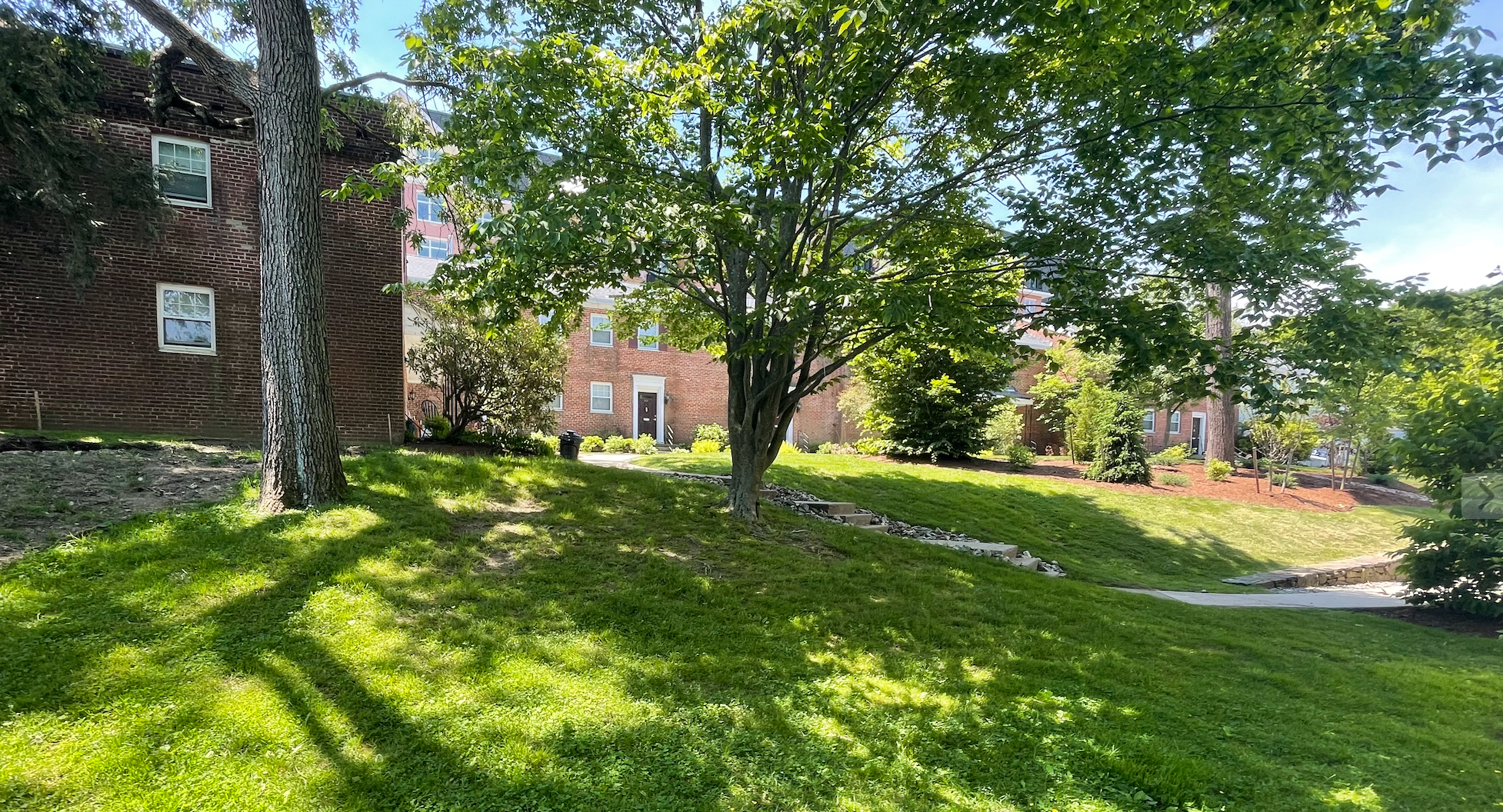
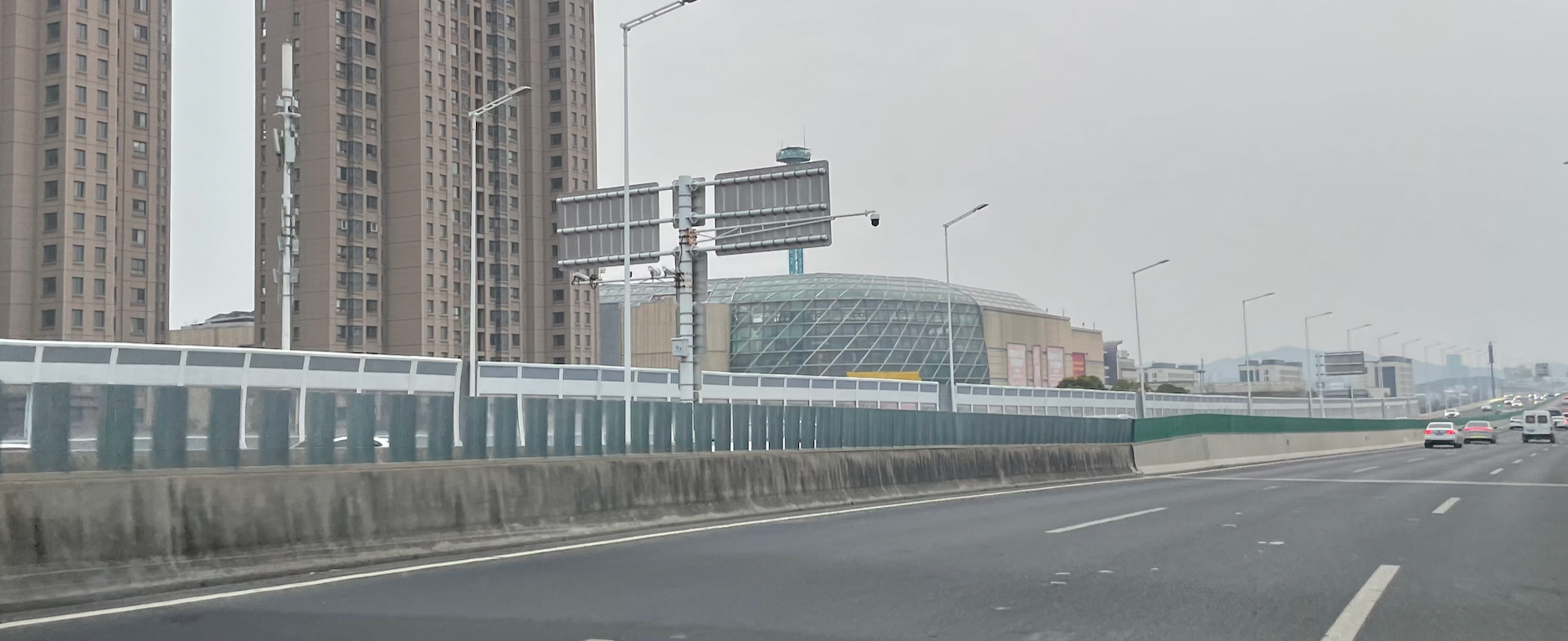
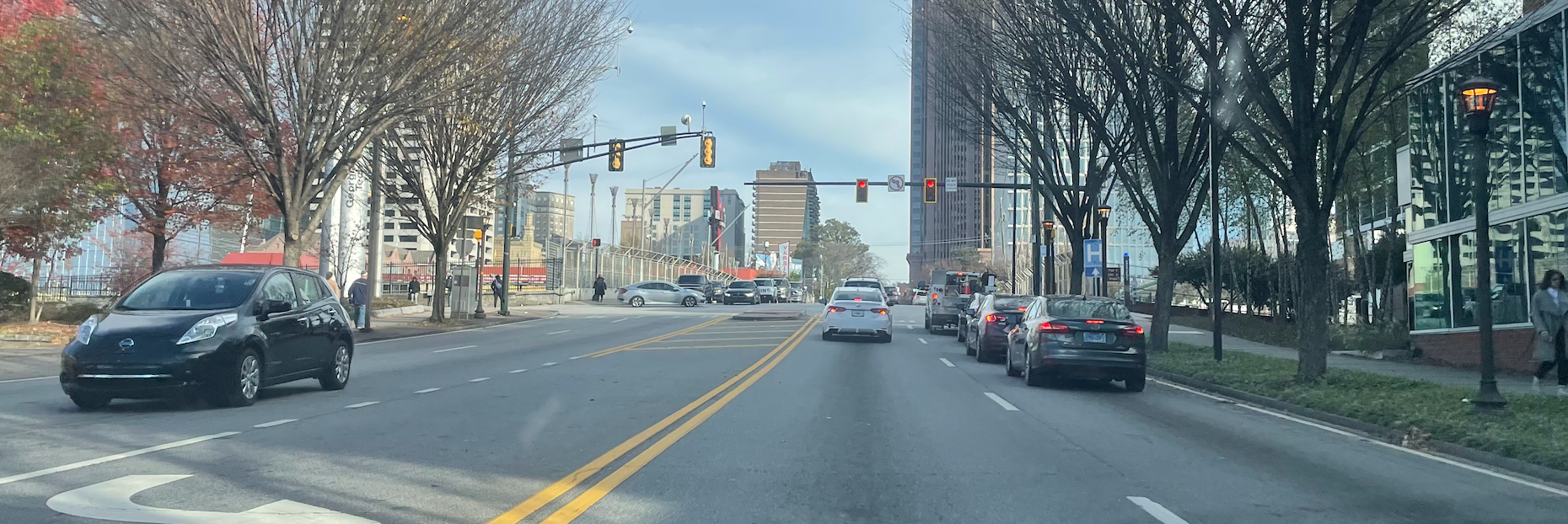
Buildings faced a commons together: rather than each mowing their own lawn, causing continuous noise, it was something done only once.
The pattern of ideas were different:
- I remember being told by a woman in Metz, France, that the vegetable garden was genuinely for the poor, and that it was actually discounted and normal produce. I was wondering if there was some sort of condition, like the produce would be lower quality (which makes sense from economic reasons), though the assumption seemed to offend her.
- Many years ago due to my birth in Finland, the Finnish baby cardboard box is something that I have never forgotten. It is the tiniest bit of goodwill, given to those who ask for nothing despite their lack, that brings one to tears from the deepest stirrings of their soul. I can only imagine how the Germans felt after WWII.
- Germans do not wash the Bundestag or museums or rip all the leaves and vines off of buildings and manicure the lawns. Americans of today focus too much on presentation even at the cost of their own savings and are too biased toward quick fixes or “magic sorcery” in their eyes such as Ozempic or other interventions.
For the reasons of my origins and upbringing, I have never seen government as something to tear down in the way that many young who frequent protests do. They seem to not reflect upon going to protests as simply being pawns for those who agitate such things. Building floors or designing websites seems like a better use of time for me.
Values I remember fondly are respect for the individual, the diversity of ideas, and a responsibility for the community. Carroll Quigley, who had grown up in this culture as well, I think explains it better than no other with his copious amounts of writing as expected for a history teacher. Though I’ve seen some people speak about him as if he were some visionary prophet, rarely have I met anyone who yearns for the culture and way of life that was once present. Bostonians have, I think, a sense of oneness common only to those who grew up there.
As for the future: In both time and place I think the younger generation is not fully enmeshed in the values of old though.
- The Deutsche Bahn, once world-famous for its quality, is now known for its delays.
- Sitting in a hotel I noticed a German airline crew did not push their chairs in when leaving.
What of society today?
This modern destructive system and its people have destroyed nature in favor of more roads, apartments, and artificial constructions such as pools and gyms. I feel nobody specifically asked for it, but they have an idea that housing “has this” therefore they build it and certain people orient around the idea of being “pool and gym people.” The roads that expand without limits and debt-trap cars make the qualifications of basic living out of reach.
Why do people love personality tests? Maybe they want to be told who they are. But I never felt a categorization could be right, only a linear combination, the sum of all events can make up a person. And if multiple people have similar combinations, then perhaps they could be considered the same.
Nobody sits down and asks what is beautiful and what is right rather than what is legal. There are numerous stop signs and crosswalks that end in a grass field. Dollar Generals and parking lots spring up like mushrooms.
I recently thought about Tom Cavanaugh who was principal of my elementary school. We students walked to it from what was once public housing, and in this was the idea of a green space and a commons. The respect for the individual, the animals, and those with no such power to protect themselves was so ingrained in the moral fabric of society: that one should Make Way for Ducklings and the idea of a Boston “Commons.”
This was a Christian society. A phrase I still remember: He who does not work does not eat. Though in my youth I believed religion to be superstition, when I look back: these Christian values were the source of everything good I remember growing up with. My piano teacher on Ash Wednesday; the stability and developed personalities of those deeply devoted.
Unassuming in manner, genial and kindly in his intercourse with his fellow-men, never showing impatience or irritation, devoid of personal ambition of the baser sort or of the slightest desire to exalt himself, he went far toward realizing the ideal of the unselfish, Christian gentleman. In the minds of those who knew him, the greatness of his intellectual achievements will never overshadow the beauty and dignity of his life.
— Remarks regarding Josiah Gibbs
It might be that such a thing just comes with age. But the younger teachers and younger students seem so much less set, prone to temperaments no different than the vicariousness of the world they now inhabit.
Musings on the future
To say that the future of America is a “White” society rather than a Christian society: I can only say that the demographics and balance in the world don’t add up. And to see color in this way is opposite of what Martin Luther King, Jr. would’ve said.
All of this causes division, which is what a parasitic class would want. They then drum up fear in the population to hide themselves. Do not fear those who take the necessary action because those with overt intentions allow for the opportunity of redress while the covert do not.
Except for English ones most countries say you are either the foreigner or the in-group. Well, what should be the in-group? Here’s a proposal: are you constructive or destructive?
Constructive people treat others equally, speak in ways that are about knowledge accumulation, are able to build things, and tell the truth.
Destructive people play emotional games, exclude people they don’t “like”, focus on gratification rather than future preference, engage in moral grandstanding, and lie. They must never be allowed in a position of leadership.
Destructive people often try to mimic Constructive people to get access to these communities. It makes sense: because they don’t have ability, they can only engage in deception. Once they are in, they try to avoid being found. A company could do purges, but that is bad for morale. So competent people just leave to start something new elsewhere.
This is an unavoidable choice between two alternatives. Anyone who is constructive, even 1%, will accumulate over time. Anyone who is consumptive and destructive will fall into a deeper and deeper hole. Perhaps one can be neutral: they neither add nor destroy, but I’ve not found many who are able to tread this line easily. And it’s conceivable that one’s preference to either side over time differs based on the communities and environments they find themselves in.
One solution to which I think there are no answers is that one person’s construction is another person’s destruction; the difference in perception and ability to realize that perception is unevenly distributed.
The World of Yesterday
In this article I hope to transport some words from that past time into our present day.
Thank you to elementary-school Gianina for writing this Prezi. I believe the first two paragraphs are her own summary.
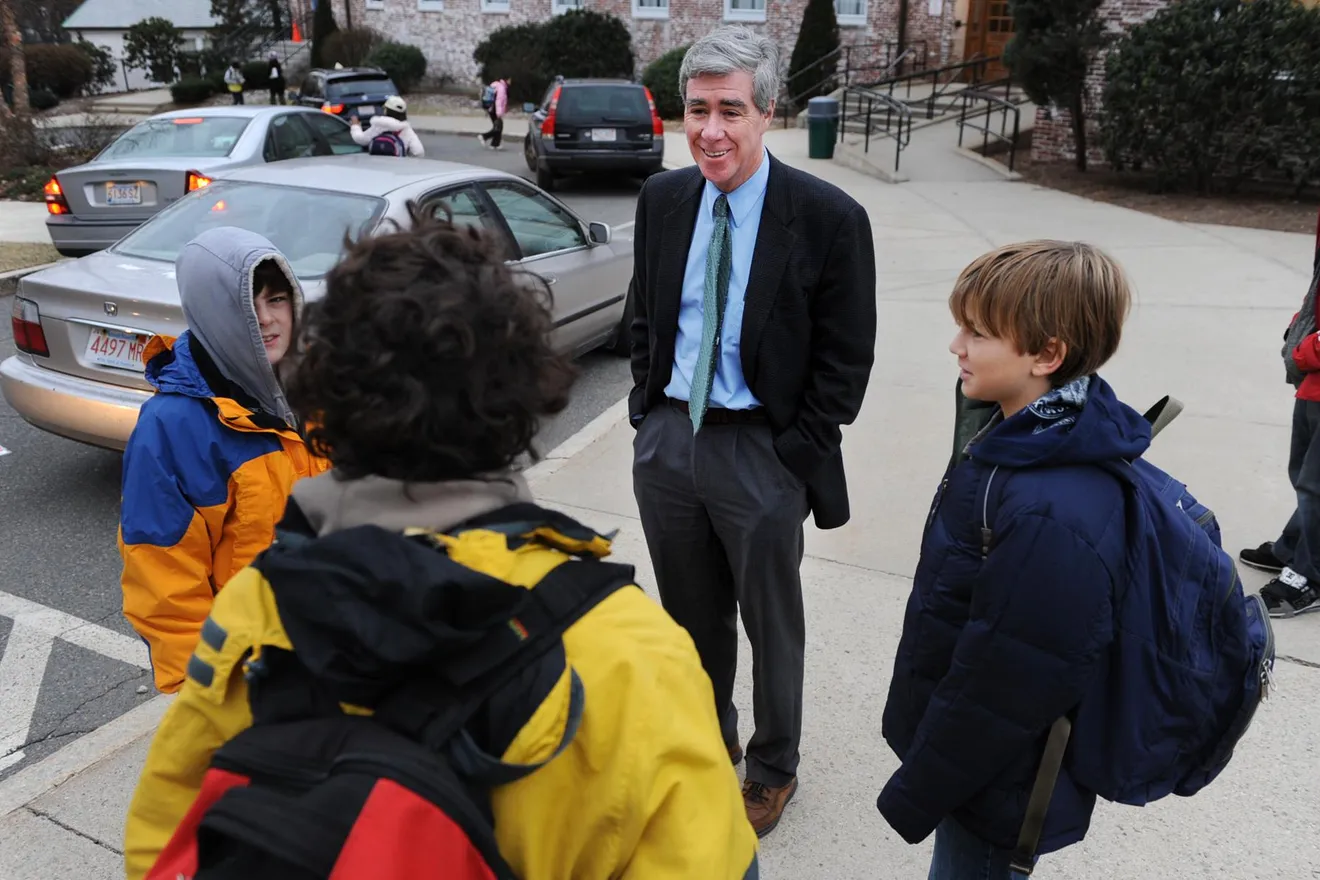
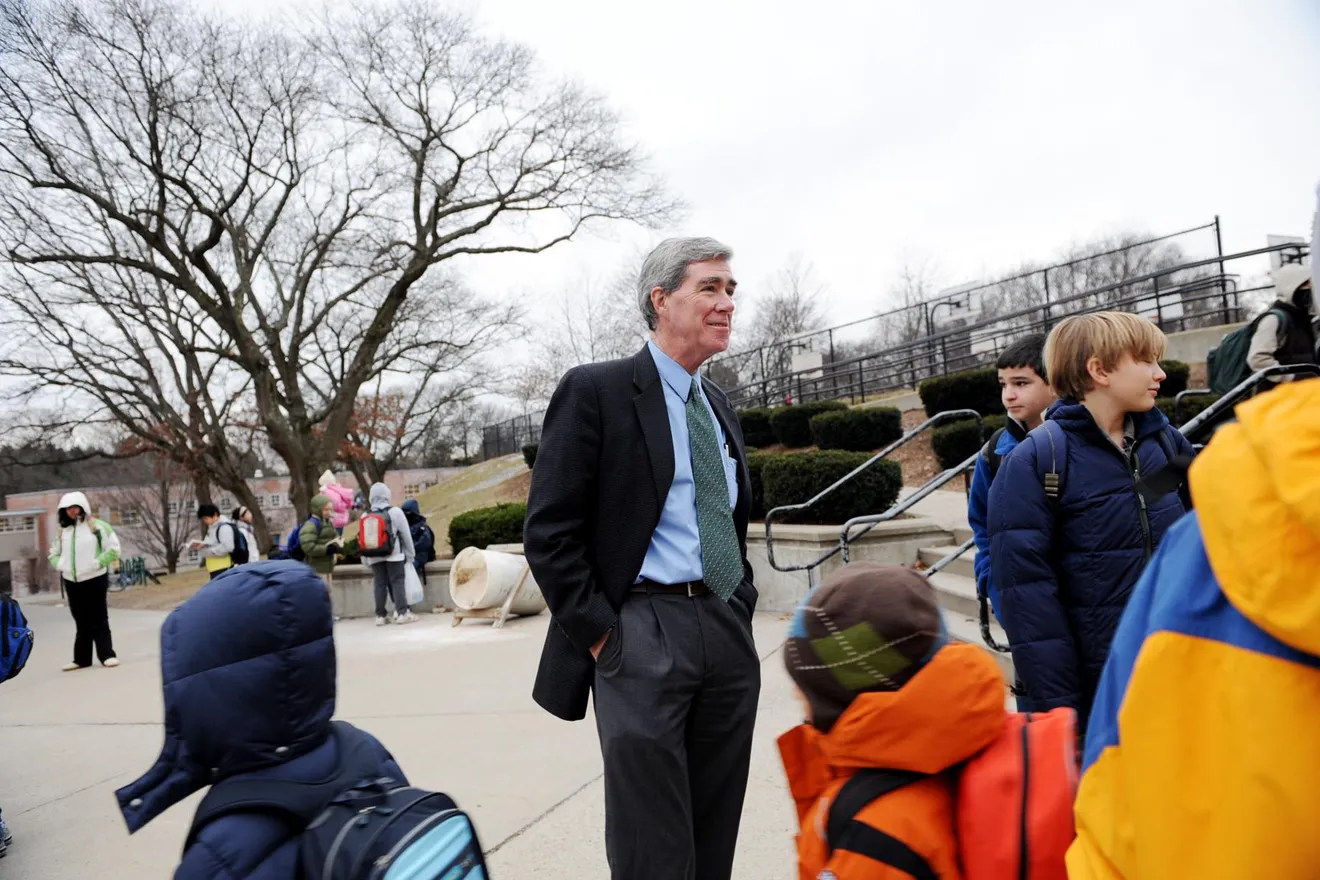
Biography
Mr. Cavanagh grew up in Hyde Park, Massachusetts and had a brother and a sister. He attended Archbishop Williams High School in Braintree, Massachusetts and went to Providence college in Rhode Island. Mr. Cavanagh had no idea what he wanted to do after graduation, but he was an English major. He traveled to Europe for four months and returned and started substitute teaching mostly in Newton. He taught 5th grade for 3 years and then arrived at Beaver Country Day School. At Beaver Country Day he was a teacher and was also head of the middle school department including 7th and 8th grade. Mr. Cavanagh then went to Brookline and was a teacher for two years and then became the assistant principal of Devotion school for two years. Finally, he landed at Baker School and stayed for an incredible 26 years as principal.
Characteristics of Mr. Cavanagh
- Is on a journey or quest and is seeking something valuable or trying to achieve/accomplish something important
- Shows determination and perseverance
- Is a strong and responsible leader
- Reflects the ideals of a particular society or community
- Has a vision that his/her efforts can make life better
As former principal of Baker school what was your goal?
“The first goal was to survive and not get fired. Although it sounds like a wonderful joke it is also very true. Unless you have a trust fund or are wealthy on you own staying in the job is pretty important.”
“The main goal was to help form a community of people who cared about each other and cared about issues of the world. And as much as possible to excite children about learning. And although that could sound like a cliche I realized it was very difficult. There were somethings I knew that were important. But the idea that I could get children to believe that they were important, at the time was something I knew for my own life, was something easier to say than do. And so, I wanted to make sure I had great teachers around me, because they are they best protection if you are a principal.”
Do you consider your work heroic?
“‘No. I consider teaching and being a principal important work. And not only important, but necessary for a good society to have an educated citizenry and to have kids who care about learning, and can be able to go off on their own and be able to learn on their own. I had one advantage over a lot of people. There are many successful people in Baker, parents. And my wife has some very successful friends, not involved in teaching. I have had conversations with my wife’s friends and they have these regrets. That they don’t feel as idealistic as when they were 20, 25, they don’t feel as if they are serving society, but they are making money. I think teachers, although we all want more, we did reasonably well in terms of making money. But, I never worried about that I thought that I had forgotten my idealism or wasn’t doing something. I felt everyday I was doing something for society.”
After working at Baker for 26 years, what was it like to leave? How did it make you feel?
“I felt a combination of great happiness, some sense of accomplishment, and a substantial amount of regret. That I knew that I’d never again be able to have the relationships with the faculty. I’d never be able to walk the halls and high-five kids in the younger grades, and then at the 7th and 8th grades have serious conversations about things that they were getting into. And I knew that I had become friends with so many parents, that I was leaving all that.”
“I knew that I was going to retire for two years. What I came to the conclusion about was that with every benefit in life there is a cost. The benefit was, not to get up at 6:30 every morning, not to do two hours of extra work every night, not to have the stress of endless meetings and to prepare for them. That I would have my own time and be able to travel and not to worry. The cost was, that I was I was going to miss children, teachers, and parents, in that order.”
What was something that your students taught you while working at Baker?
“One day after some awful, awful thing some boy had done. I was talking with the world language teacher and she said to me “Tom calm down, and just remember this, all children including us Tom are works in progress. And as works in progress we are all going to make mistakes.” For some reason that profoundly affected me. I learned that people are works in progress, and to judge somebody for something they did on Tuesday is to forget on Friday.”
How would you define a hero?
“Well, this isn’t entirely true, there is a level to this. I think that heroism for me now involves two things: Being a moral person and doing the right thing in the circumstances that you live in. Too many people talk about heroism as what they would have done during the Nazi Era, or how they would have reacted on behalf of the American Indians, if they could go back a century. Well, so part of heroism is doing the right thing were you live, in the context of were you live. And the second thing is, well this is more in terms of politics, it is people that are willing to be physically brave. I admire Martin Luther King Jr. because he put his life on the line all the time. It is the mixing of standing up for a moral principle and showing physical bravery for it, that is on the big national scale.”
“My classical American hero is Abraham Lincoln. There is a wonderful essay written about Lincoln by great writer named Edmund Wilson he says that “If the Civil War is Americas defining play, it is necessary for the lead actor in a tragedy like the Civil War to die in the last act” and Lincoln died in the last act. It has always stayed with me that he completed his mission that he died as a result of it. But, the reason I care so much for Lincoln is that at its best heroism can make us better, as of people. And the best kind of heroism- I think that the three most celebrated people is the last 200 years are Abraham Lincoln, Winston Churchill, and Martin Luther King Jr. And what they have in common is that they helped make the people behind them better as a result of their heroism. I’d like to think that I made the Baker community better by my longevity, and so you could put me down as a junior varsity hero.”
Be Kind. Work Hard. Help Others.
Concluding Thoughts
I think Mr. Cavanaugh was a good man in the sense that he could not really be a bad man. And for a stable society whether it is better to be composed of goods who cannot be bad or those who can be bad but choose to be good, I don’t know.
The former is a pyramid shaped structure accepting of others but the latter is a pack. Both of these are different from the herd-shape of modern society where differences are not tolerated at all.
The federalism of independents coming together for their own sake is less prone to exploitation than clueless people following a leader who considers only their own interests.
In Quigley’s time and in the past people were believed to be naturally good. You see it too in Chinese classics such as the 三字经. But I am beginning to think that morality has relations upon metabolism, biology, ethnicity, and sex in the developmental, Ray Peat sort of way—not the eugenicist way.
There must be some separation of the constructive from the destructive. Yet we must be both open and closed. We open our worlds and hearts so that many still yet emotionless others beyond the splendid garden gates may see a hope for their future should they work for it; closed in that one cannot be so kind as for guests to tread in soil when they should be sweeping it out.
Closed so that we do not let the false words of evil deceive us, yet open enough to consider them should we be in the wrong.
Society naturally is walls upon walls of levels that agree with each other: each cell, the human body as a whole, the house of a family, a neighborhood, a community, a country. Can this present state: all sorts of people scattered in all sorts of places—persist?
Without walls, different mental awarenesses will come into the same field, leading to conflict. Haitians are in Chile and other parts of South America, Mexicans are in California, the US Navy is in the Western Pacific, Chinese farmland is in the United States.
Maybe it would be better for everyone to sort to where they believed was the best fit. Yet the India-Pakistan border is still a source of conflict. And like Aurelius said: there is no true purity of descent.